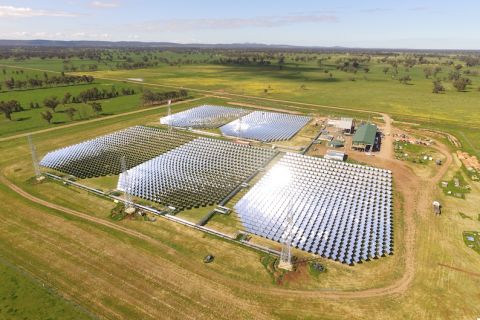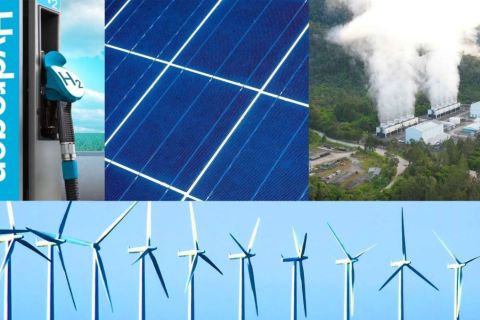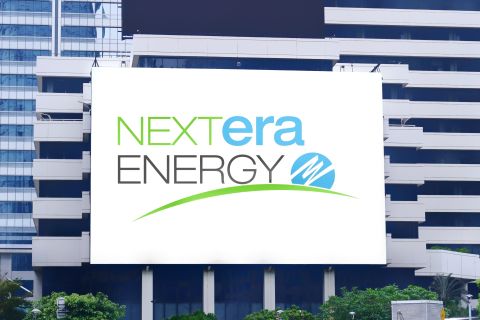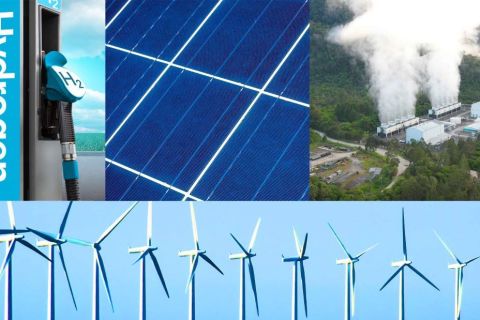Argentina’s state-run oil company YPF (NYSE: YPF) is “disappointed” by cuts to the government’s natural gas production subsidies and will re-allocate investment toward crude oil production, an executive said on Nov. 9.
The company might reduce investment in unconventional gas production in areas where it cannot obtain the full subsidy price of $7.50 per million British thermal units (MMBtu), CFO Daniel Gonzalez told investors during the company’s third-quarter earnings call.
“With the new gas rules, we will probably see more growth in crude oil than in natural gas vis-a-vis what we were envisioning in the plan,” Gonzalez said, referring to the company’s goal of growing total hydrocarbon production by 25% in five years.
Argentina's incentive program providing a minimum price to natural gas production above a pre-determined decline rate expires at the end of 2017. In 2018, the subsidies will only be available to increased unconventional gas production in the Neuquen Basin, where the Vaca Muerta shale play is located.
The minimum price will gradually decrease to reach $6 per MMBtu in 2021.
Gonzalez said this would benefit the company’s pilot projects in Vaca Muerta, but would hit areas already in production.
YPF’s average gas sales price was $4.92 per MMBtu in the third-quarter, up 2.7% from the same period in 2016 and above the futures price of $3.21 per MMBtu, but Argentina’s largest oil and gas producer will likely experience a “slight reduction” in prices in 2018, Gonzalez said.
He added that the recent increase in oil prices also favored crude production investments.
The natural gas subsidy program has been plagued by payment delays that have hurt oil companies as the government seeks their investment to eliminate a costly energy deficit and tap the full potential of Vaca Muerta, a Belgium-sized field seen as one of the most promising shale plays outside the U.S.
YPF collected subsidy payment for the fourth-quarter of 2016 after the close of the third-quarter of 2017, Gonzalez said. That did not mark a significant change from last quarter, when the payments were 10 months in arrears.
“Everything we have accrued this year we have not collected,” Gonzalez said, though he said the company expected an improvement in collection times.
“As the subsidy goes down in terms of size, the arrears will also come down as it is going to have less of a fiscal impact on the government.”
Recommended Reading
Could Concentrated Solar Power Be an Energy Storage Gamechanger?
2024-03-27 - Vast Energy CEO Craig Wood shares insight on concentrated solar power and its role in energy storage and green fuels.
Energy Transition in Motion (Week of Feb. 2, 2024)
2024-02-02 - Here is a look at some of this week’s renewable energy news, including a utility’s plans to add 3.6 gigawatts of new solar and wind facilities by 2030.
NextEra Energy Dials Up Solar as Power Demand Grows
2024-04-23 - NextEra’s renewable energy arm added about 2,765 megawatts to its backlog in first-quarter 2024, marking its second-best quarter for renewables — and the best for solar and storage origination.
Energy Transition in Motion (Week of April 12, 2024)
2024-04-12 - Here is a look at some of this week’s renewable energy news, including a renewable energy milestone for the U.S.
Energy Transition in Motion (Week of Feb. 23, 2024)
2024-02-23 - Here is a look at some of this week’s renewable energy news, including approval of the construction and operations plan for Empire Wind offshore New York.





